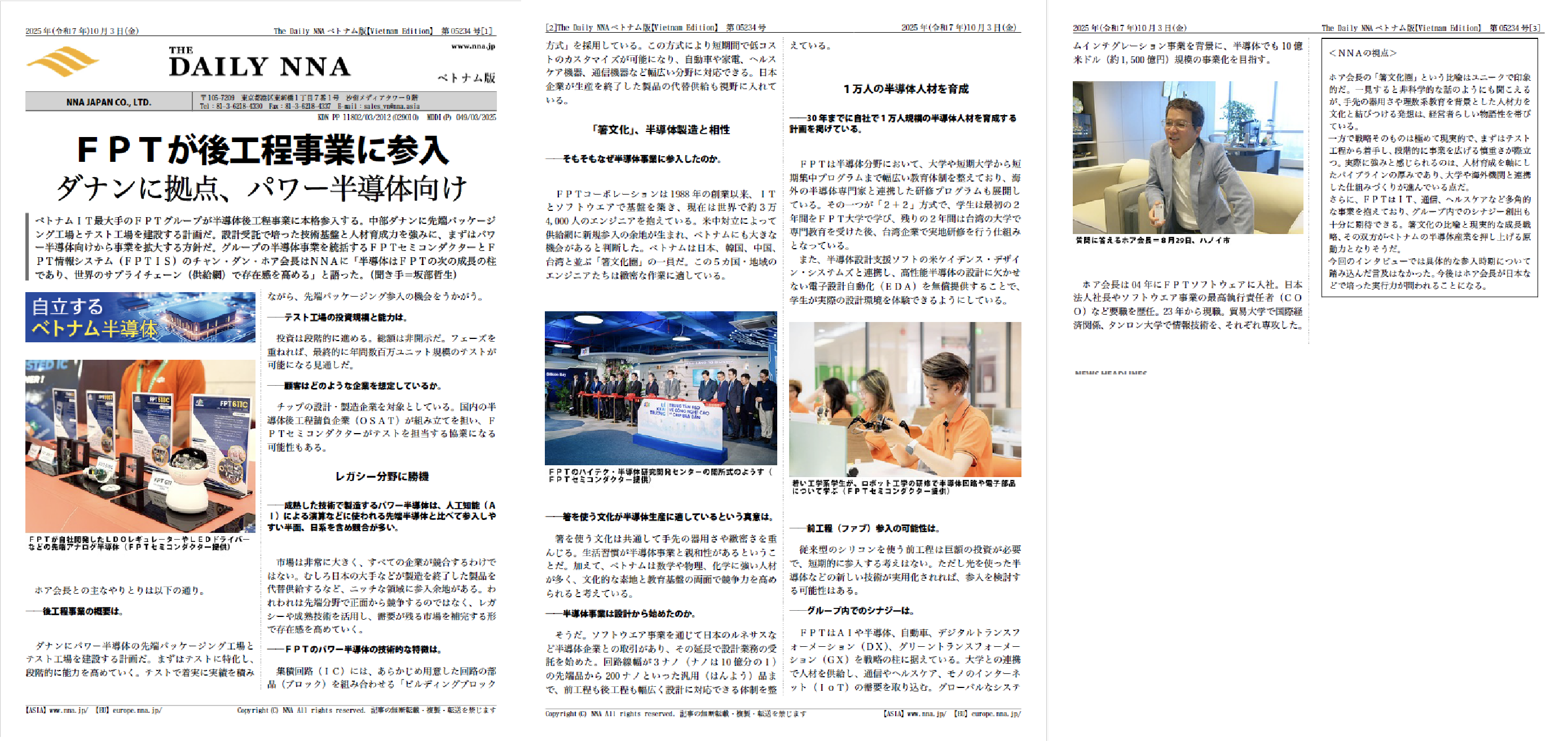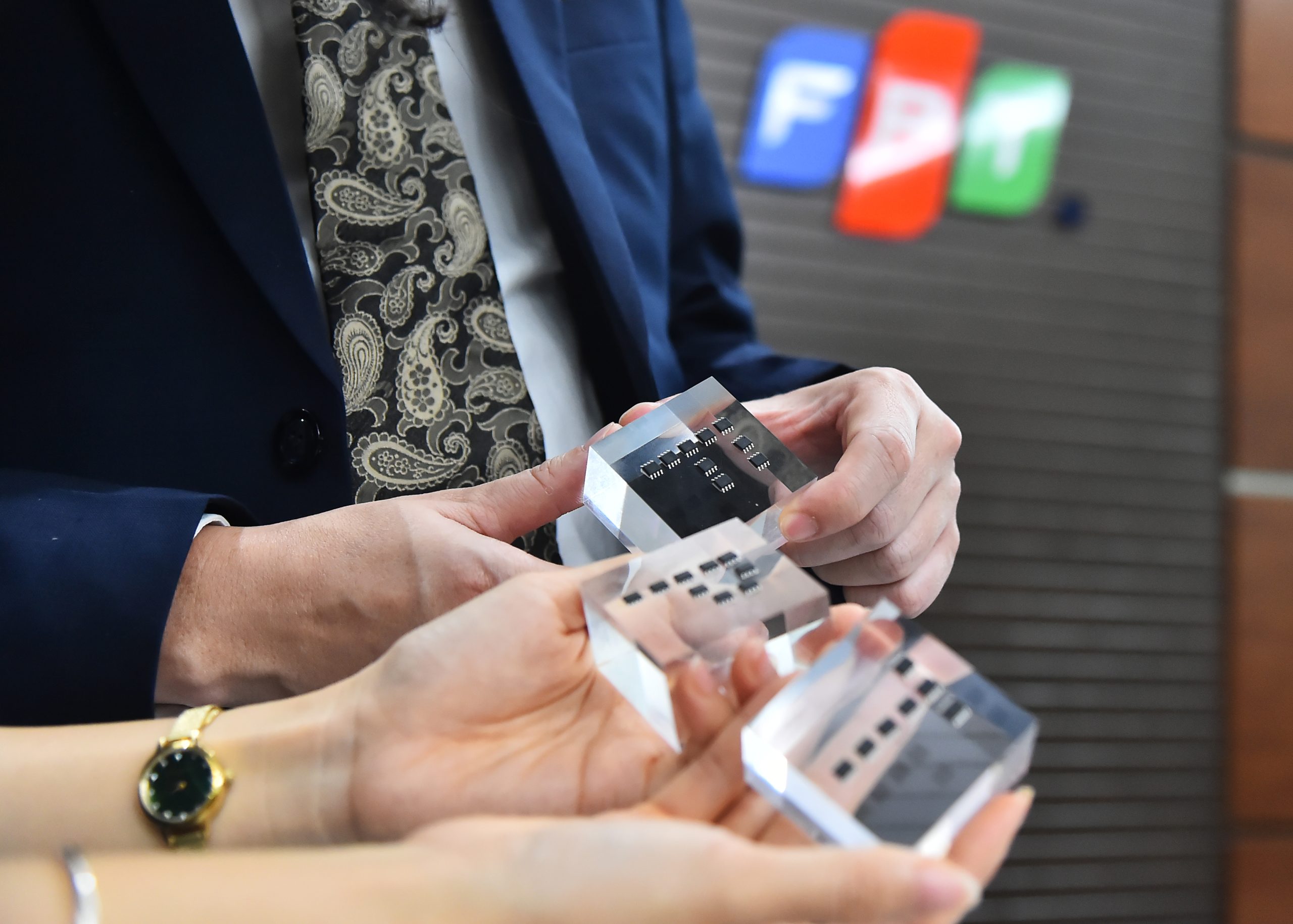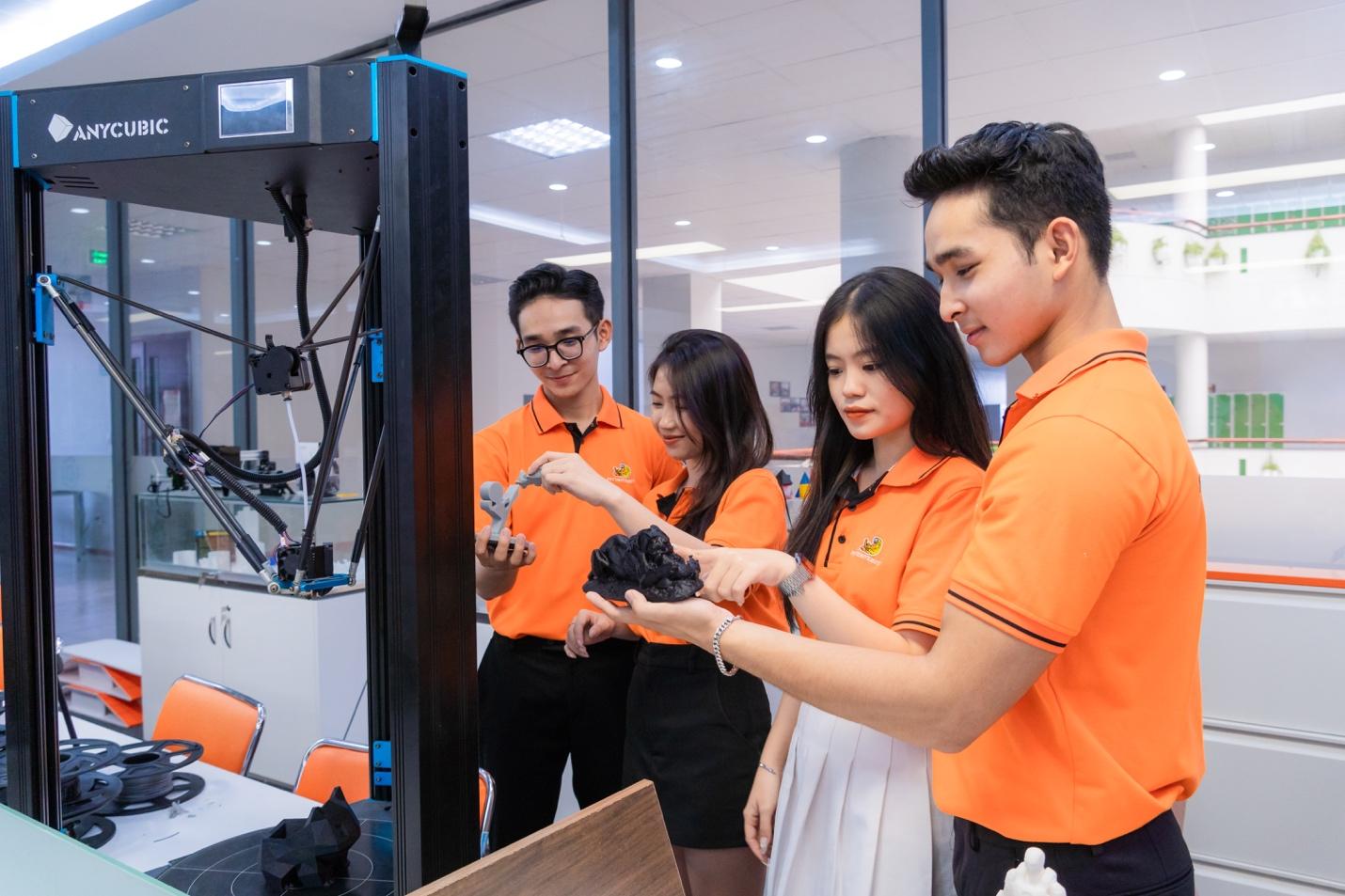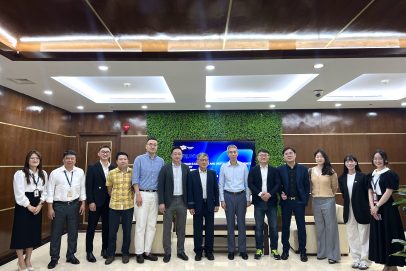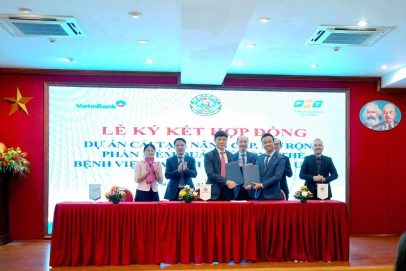FPT enters semiconductor back-end business: Planning an advanced packaging and testing plant in Da Nang
Vietnam’s leading IT group FPT is making a full-scale entry into the semiconductor back-end business. The company is planning to build an advanced packaging and testing plant in central Da Nang. Leveraging its technological foundation and talent development capabilities built through contract design work, FPT plans to first expand in the field of power semiconductors. Tran Dang Hoa, Chairman of FPT Semiconductor, FPT Corporation who oversees the group’s semiconductor business, told NNA, “Semiconductors will be FPT’s next growth pillar, and we aim to strengthen our presence in the global supply chain.”
The following is a Q&A with Chairman Hoa.
――What is the current status of the back-end business you are pursuing?
FPT plans to build an advanced packaging and testing plant in Da Nang. We will first focus on testing and gradually expand our capabilities. Entry into assembly processes is expected to be several years away.
――What about the investment scale and capacity of the testing plant?
Investment will be made in phases, and the total amount has not been disclosed. Once all phases are completed, we expect to be able to handle testing on the scale of several million units annually.
――What kinds of companies do you envision as customers?
We are targeting chip design and manufacturing companies. There is also the possibility of collaboration where domestic OSAT (outsourced semiconductor assembly and test) companies handle assembly while we focus on testing.
――Why did you decide to enter the semiconductor business?
Since its founding in 1988, FPT Corporation has built a foundation in IT and software and now employs around 34,000 engineers worldwide. The U.S.-China confrontation has created room for new players in the global supply chain, and we judged that Vietnam has a major opportunity. With many talents strong in mathematics and science, Vietnam is one of the five members of the ‘chopstick culture’ alongside Japan, South Korea, China and Taiwan, stressing that Vietnamese are well-suited to precision work.
――What is meant by “chopstick culture”?
The expression “chopstick culture” refers to the five countries and regions—Japan, South Korea, China, Taiwan and Vietnam—where chopsticks are traditionally used. The view is that the emphasis on dexterity and precision inherent in this lifestyle has an affinity with the detailed work of semiconductor design and layout. In addition, Vietnam has many talents in mathematics, physics and chemistry, and it is believed that both cultural background and educational foundation enhance competitiveness.
――Did your semiconductor business start from design?
Yes. Through our software business we had dealings with semiconductor firms such as Japan’s Renesas, and as an extension we began contract design work. We have established a system capable of handling a wide range of designs, from cutting-edge chips with circuit widths of 3 nanometers (nm, one-billionth of a meter) to more general-purpose products of around 200 nm, covering both front-end and back-end processes.
――Will you focus on power semiconductors for the time being?
That’s right. Our integrated circuits (ICs) adopt a “building block method,” combining pre-prepared circuit components (blocks). This approach allows for quick, low-cost customization and can be applied across a wide range of sectors including automobiles, home appliances, healthcare devices and communication devices. We also consider supplying replacements for products discontinued by Japanese manufacturers.
――Competition in power semiconductors, including Japanese companies, is intense. How will you compete?
The market is extremely large, and not all companies compete directly. There is room to enter niche segments, such as supplying replacements for discontinued products from major Japanese firms. Rather than competing head-on in cutting-edge fields, we intend to leverage legacy and mature technologies to supplement markets where demand remains, thereby raising our presence.
――What about talent development?
We plan to train 10,000 semiconductor-related personnel by 2030 within our group. This is part of Vietnam’s broader national goal of developing 50,000 semiconductor professionals. FPT has a comprehensive training system in the chip sector, ranging from universities and colleges to short-term programs, as well as training programs in collaboration with leading international semiconductor experts. One training program is the “2+2 ” scheme: students spend the first two years at FPT University, the next two years at a university in Taiwan receiving specialized education, and then gaining on-the-job training at Taiwanese companies. In addition, we collaborate with U.S.-based Cadence Design Systems to provide electronic design automation (EDA) tools—essential for advanced chip design—free of charge, enabling students to gain hands-on experience in real design environments.
――Do you see any possibility of entering front-end (fab) operations?
Conventional silicon-based front-end fabs require massive investment, so we have no short-term plans to enter. However, if new technologies such as photonics become practical, we may consider participation.
――What about advanced packaging?
In the long term, we may consider entering if opportunities arise. For now, our policy is to build a solid track record starting with testing.
――How do you view synergies within the group?
Our strategic pillars are artificial intelligence (AI), semiconductors, automobiles, digital transformation (DX), and green transformation (GX). We supply talent through partnerships with universities, capture demand in telecom and healthcare IoT, and leverage our global system integration business. With this foundation, we aim to build a semiconductor business worth one billion U.S. dollars.
(Interviewer: Tetsuo Sakabe)
NNA’s View
Chairman Hoa’s metaphor of the “chopstick culture” is unique and memorable. At first glance it may sound unscientific, but linking cultural traits such as dexterity with the strength of STEM education provides a compelling narrative. At the same time, the strategy itself is highly pragmatic, starting with testing and expanding step by step. The most notable strength is the solid talent pipeline, supported by collaborations with universities and overseas institutions. Furthermore, with diversified businesses in IT, telecom and healthcare, FPT has ample potential to generate synergies within the group. The combination of a cultural metaphor and a practical growth strategy is likely to drive Vietnam’s semiconductor industry forward.


